Sign up for our free daily newsletters here! Note: subscribers can access our search feature!
Welcome to Hospice & Palliative Care Today, a daily email summarizing numerous topics essential for understanding the current landscape of serious illness and end-of-life care. Teleios Collaborative Network podcasts review Hospice & Palliative Care Today monthly content - click here for these and all TCN Talks podcasts.
3. Hard conversations, celebrations accompany AANHPI Heritage Month
4. ‘The whole family is the patient’: Children’s hospice program in Raleigh receives $2.5 million gift
5. The Three Gifts with John Locke
6. OP-ED: How hospice care falls short for people living with dementia
11. Telehealth use by home health agencies before, during, and after COVID-19
Awards and Recognitions: May 2025
- The American Federation for Aging Research (AFAR), is proud to recognize the outstanding contributions of Lauren Hunt, PhD, RN, FNP, with the 2025 Terrie Fox Wetle Rising Star Award in Health Services and Aging Research
- Rainbow Community Care's Kenyon Kemnitz receives Communicator of the Year award by the Madison and Northeast Wisconsin chapters of the Public Relations Society of America (PRSA) during the fifth annual WisCOMsin Awards ceremony
- NPHI Honors Visionary Leaders and Organizations at 2025 Annual Summit: The National Partnership for Healthcare and Hospice Innovation (NPHI) proudly recognized three outstanding leaders and organizations during its 2025 Annual Summit, honoring their profound contributions to end-of-life care. These annual awards celebrate those who have demonstrated exemplary commitment to innovation, compassion, and person-centered care in the hospice, palliative, and advanced illness care field.
- Samira K. Beckwith, Executive Vice President of Public Policy, Chapters Health, was honored with the 2025 Lifetime in Excellence Award.
-
Dr. Bethany Snider, Senior Vice President and Chief Medical Officer at Hosparus Health, received the 2025 Chirag Patel Legacy Award.
-
The 2025 Healthcare in Action Innovation Award was presented to the American Cancer Society (ACS). Dr. Arif Kamal, Chief Patient Officer of the American Cancer Society, accepted the award on behalf of the organization.
-
Carole Fisher, President of NPHI, added:
“These awards remind us what’s possible when we lead with heart, stay mission-driven, and continue to challenge the status quo in pursuit of quality care. We’re grateful for the opportunity to celebrate these trailblazers who are making a meaningful difference every day.”
CMS’ TEAM Payment Model: What hospices need to know
Hospice News; by Jim Parker; 5/30/25
A forthcoming alternative payment model for hospitals focuses on discharge planning and ensuring effective post-acute care, including hospice and palliative care when appropriate. The U.S. Centers for Medicare & Medicaid Services (CMS) late last year unveiled its new Transforming Episode Accountability Model (TEAM). Participation in the model will be mandatory for select hospitals. The program is set to launch on Jan. 1, 2026 and run through Dec. 31, 2030. CMS designed the program based on lessons learned from previous episode-based payment models, as well as input from stakeholders in response to a Request for Information published in 2023.
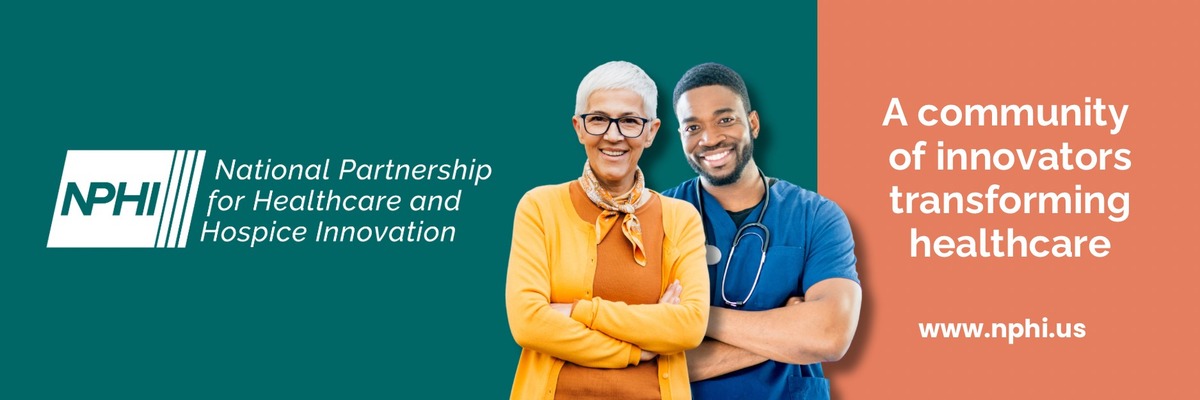 |
Hard conversations, celebrations accompany AANHPI Heritage Month
Public News Service; by Roz Brown and Suzanne Potter; 5/30/25
Asian Americans, Native Hawaiian and Pacific Islanders are a rapidly growing population in California and across the nation - but as they age, research indicates they're less likely to use hospice care or be familiar with end-of-life options. Nationwide, the group makes up about 6% of the population - and 15% in California - but like many minorities, they face greater health-care disparities. Ben de Guzman, director of the Office on Asian and Pacific Islander Affairs in the Washington, D.C., mayor's office and the son of Filipino immigrants, said cultural beliefs can hinder conversations about death and dying, and language also is a barrier.
‘The whole family is the patient’: Children’s hospice program in Raleigh receives $2.5 million gift
CBS WNCN-17, Raleigh, NC; by Maggie Newland; 5/28/25
Memories of Eliza Craven fill every corner of her family’s home. “She loved art, she loved reading, she loved learning, she loved being outside,” mother Amanda Hayes Craven said. Said father Lee Craven, “She loved her brothers, loved them both fiercely.” In the spring of 2020, that smart, sweet rough-and-tumble 7-year-old got a diagnosis that left her entire family reeling: a brain tumor. ... The family began receiving services through Transitions LifeCare’s Transitions Kids program in Raleigh. ... “The night that she died, it was a weekend night,” Hayes Craven continued. “It was a Friday night. It was after midnight. We expected one nurse and we got an army of people here to support us.” ... While the Craven family wouldn’t wish their pain on anyone, they are grateful that other families facing similar situations can find help through Transitions Kids, which recently received a 2.5 million dollar anonymous gift.
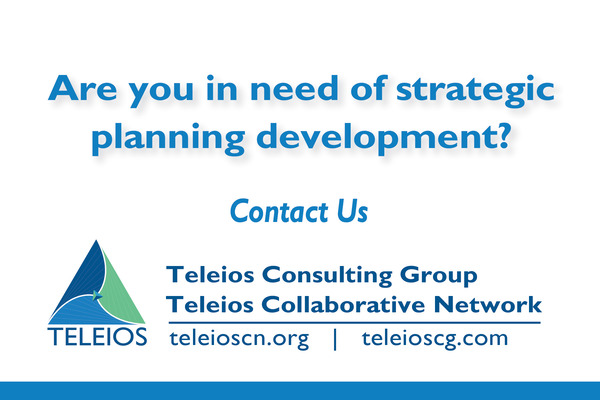 |
The Three Gifts with John Locke
Teleios Collaborative Network (TCN); podcast by Chris Comeaux with John Locke; 5/28/25
What if three simple gifts could transform every interaction in your life? Executive coach John Locke returns to the Anatomy of Leadership podcast to share the remarkable framework he's developed through years of coaching and personal experience. In this episode of the Anatomy of Leadership, Chris interviews John Locke, founder of the Executive Coaching practice at Forvis Mazars. They discuss John’s journey and the three gifts that can transform lives:
- Presence
- Energy
- Unselfish Giving
OP-ED: How hospice care falls short for people living with dementia
Being Patient - Alzheimer's News, Advice, Stories & Support; by Maria J. Silveira; 5/30/25
Only 12 percent of Americans with dementia ever enroll in hospice. This may be due to how hospice is structured and paid for in the U.S., explains University of Michigan associate professor of internal medicine Maria J Silveira. ... In contrast to the former president [Jimmy Carter's extended hospice care], his wife, who had dementia, lived only nine days under hospice care. Palliative care physicians like myself who treat both conditions are not surprised at all by this disparity. ... Strikingly, only 12 percent of Americans with dementia ever enroll in hospice. Among those who do, one-third are near death. This is in stark contrast to the cancer population: Patients over 60 with cancer enroll in hospice 70 percent of the time.
 |
Why CMS’ GUIDE Model could move home care from side act to main stage
Home Health Care News; by Joyce Famakinwa; 5/29/25
The Guiding an Improved Dementia Experience (GUIDE) Model might be one of the biggest steps in the right direction for recent Medicare policy. The eight-year voluntary nationwide program was launched last year by the Centers for Medicare & Medicaid Services (CMS), with the goal of supporting individuals living with dementia, as well as their unpaid caregivers. The program’s focus is more important than ever, with an estimated 6.7 million people living with dementia. This amount is expected to skyrocket to 14 million cases by 2060, according to data made available by CMS.
Illinois House passes bill allowing terminally ill people to end their lives with physician’s help
Chicago Tribune, Springfield, IL; by Jeremy Gorner and Addison Wright; 5/30/25
Legislation that would allow terminally ill people to end their lives with the help of a doctor was narrowly passed by the Illinois House and now heads to the Senate. It marks the first time a medical aid in dying bill has passed through one legislative chamber in Illinois since advocates unsuccessfully pushed for the practice to be legalized in the state last year. The bill passed late Thursday by a 63-42 vote, just three votes more than the minimum number required for bills to pass the House by a simple majority, with a handful of Democrats joining Republicans in voting against it.
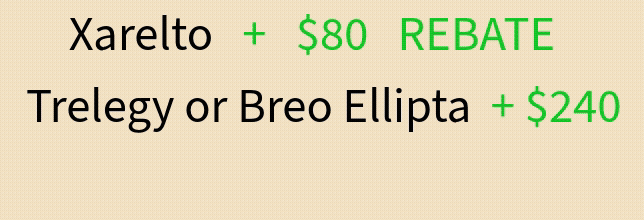 |
Redwood Coast PACE opens location at MRCH for vital senior services
Mad River Union, Arcata, CA; 5/29/25
Redwood Coast PACE (Program of All-inclusive Care for the Elderly), a program of the Humboldt Resource Center, has opened its new location in Arcata at 3798 Janes Road, on the Mad River Community Hospital campus. The Arcata center – along with the PACE centers in Eureka and Fortuna – offers a full range of medical, social and supportive services designed to meet the unique needs of local seniors who have complex medical needs and their families.
AI job disruption could lead to 20% unemployment in 5 years
Becker's Health IT; by Naomi Diaz; 5/30/25
AI startup Anthropic is sounding the alarm on AI’s potential to reshape the workforce — and not in a good way, CNN reported May 29. Dario Amodei, CEO of Anthropic, told CNN in an interview that AI is on track to disrupt the white-collar labor force at an unprecedented pace. He warned that U.S. unemployment could rise to 20% within one to five years. Entry-level, white-collar roles could be hit hardest, with up to half potentially eliminated as AI grows more capable, Mr. Amodei told Axios.
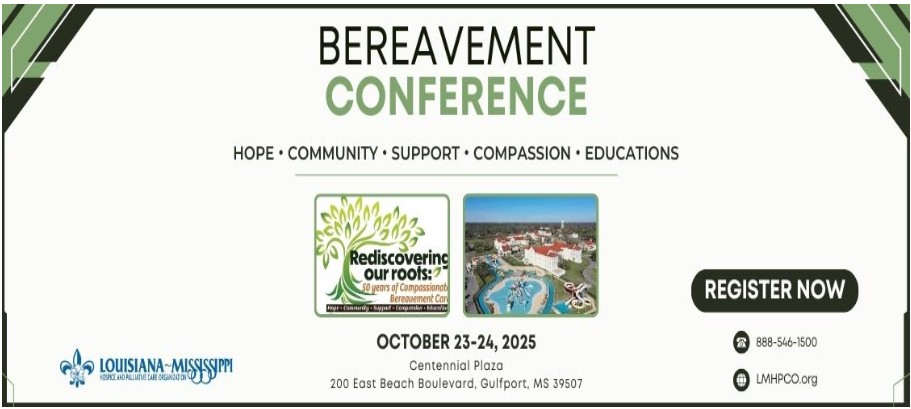 |
Telehealth use by home health agencies before, during, and after COVID-19
National Institutes of Health, published by Wiley Online Library; by Dana B. Mukamel, Debra Saliba, Heather Ladd, Melissa A. Clark, Michelle L. Rogers, Cheryl Meyer Nelson, Marisa L. Roczen, Dara H. Sorkin, Jacqueline S. Zinn, Peter Huckfeldt; 5/22/25
- This is the first national, large scale study of telehealth use by home health agencies examining both adoption and discontinuation of the technology, and the reasons for these actions.
- This is the only study to address this issue prior to, during, and post COVID-19.
- Only 23% of agencies used telehealth before COVID-19; adoption peaked at 65%, but 14% of HHAs discontinued telehealth by 2024 due to lack of reimbursement or inappropriateness for patients.
Research reported in this publication was supported by the National Institute on Aging of the National Institutes of Health under Award Number R01AG078840. The content is solely the responsibility of the authors and does not necessarily represent the official views of the National Institutes of Health.
Why we fear being forgotten more than death itself
KevinMD.com; by Patrick Hudson; 5/22/25
It’s not the easiest question to ask aloud—especially in medicine, where we pronounce death but rarely reflect on it... After my heart attack, the question stopped being abstract... To die is to disappear from the story. That’s the ache underneath most death anxiety — not the fear of pain, but the fear of no longer mattering.
 |
Who Cares podcast: The future of aging in America
National Alliance for Care at Home podcast; by Steve Landers and Elyssa Katz; 5/30/25
The first episode of the Who Cares podcast is out now! Join hosts Dr. Steve Landers and Elyssa Katz as they dive into the future of aging in America and set the scene for the wide-ranging conversations that will follow.
[Membership may be required to access the podcast from this link; it may be available using other services.]
French lawmakers approve assisted dying bill
Le Monde with AP and AFP; 5/27/25
France's Assemblée Nationale adopted a bill on Tuesday, May 27, to allow adults with incurable illnesses to take lethal medication, the initial step in a lengthy process that could grant patients medical assistance to end their lives in clearly defined circumstances. The bill received 305 votes in favor and 199 against, after all parties in parliament allowed their lawmakers a free vote on the issue. It will now be sent to the Sénat for further debate. A definitive vote on the bill could take months to be scheduled. In parallel, another bill on palliative care, meant to reinforce measures to relieve pain and preserve patients' dignity, was also adopted on Tuesday, unanimously.
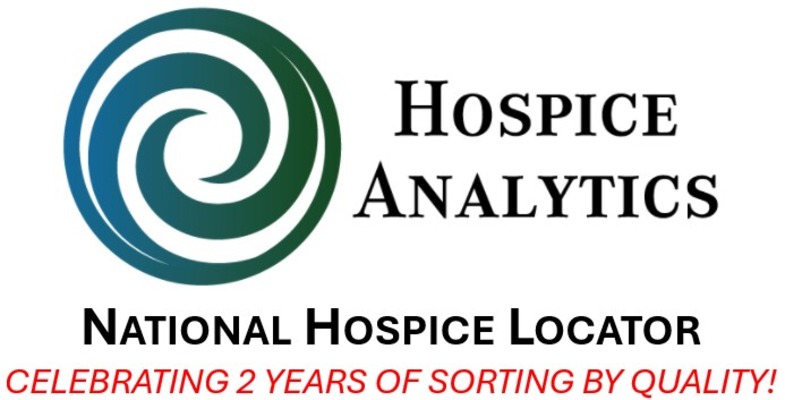 |
The Fine Print:
Paywalls: Some links may take readers to articles that either require registration or are behind a paywall. Disclaimer: Hospice & Palliative Care Today provides brief summaries of news stories of interest to hospice, palliative, and end-of-life care professionals (typically taken directly from the source article). Hospice & Palliative Care Today is not responsible or liable for the validity or reliability of information in these articles and directs the reader to authors of the source articles for questions or comments. Additionally, Dr. Cordt Kassner, Publisher, and Dr. Joy Berger, Editor in Chief, welcome your feedback regarding content of Hospice & Palliative Care Today. Unsubscribe: Hospice & Palliative Care Today is a free subscription email. If you believe you have received this email in error, or if you no longer wish to receive Hospice & Palliative Care Today, please unsubscribe here or reply to this email with the message “Unsubscribe”. Thank you.

